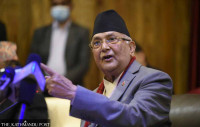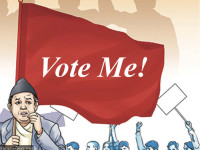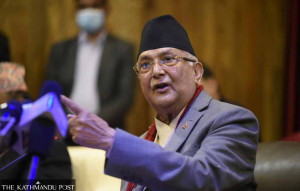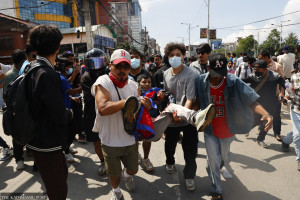Editorial
A broken system
Govt’s failure to keep its promises to Dr KC raises questions about its sincerity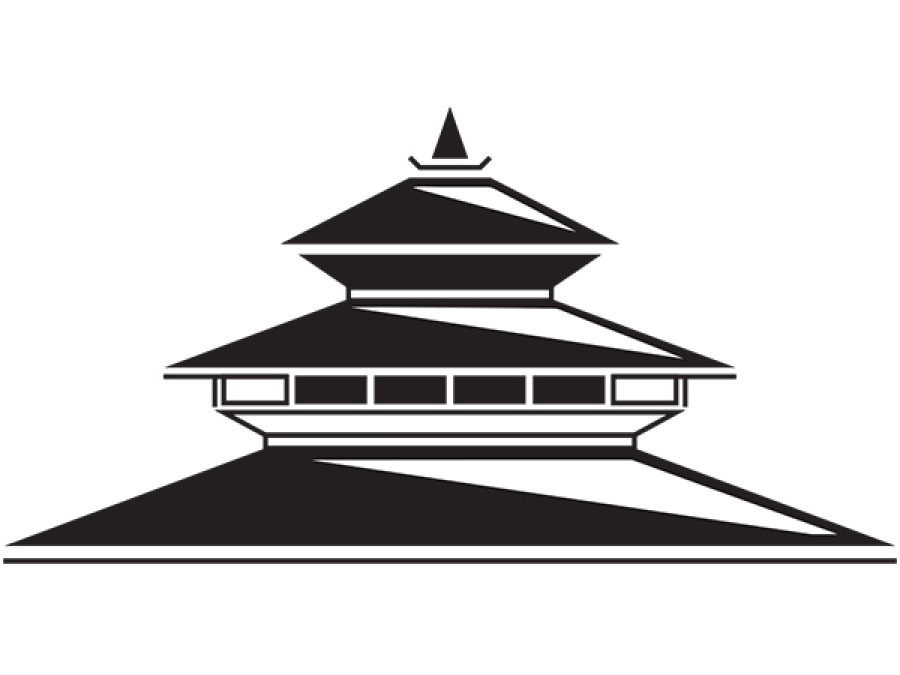
For over three years, Dr Govinda KC has been waging a one-man struggle against corruption in medical education that has severe implications for citizens in terms of availability of doctors and affordability of medical services.
No one disagrees with what Dr KC stands for, yet this 59-year-old orthopaedic surgeon has been forced to stage one hunger strike after another, only to be continuously ignored by the government. He has signed six agreements with the government after as many prolonged hunger strikes since 2012. The last time Dr KC went on a hunger strike, it took 14 days for the government to reach an agreement with him. The very next day, promises were broken.
The centrepiece of Dr KC’s demands is the formation of a Health Profession Education Commission. Dr KC and his team believe that the Commission would provide an overarching framework to introduce much needed reforms in medical education. Dr KC wants a professional to lead the Commission so that it can provide the requisite guidance and oversight to the way medical education is imparted in the country. The Commission would oversee the production of quality human resources in the health sector, while making health services accessible even in rural areas through a proportionate distribution of medical schools in the country. Dr KC wants the government to regulate the rapidly mushrooming medical colleges in urban areas, particularly in Kathmandu Valley. These institutions charge exorbitant tuition fees from medical students who in turn attempt to recover their investment by practicing in urban centres—providing little incentives for fresh graduates to practice in rural areas.
Our rural hospitals suffer chronic shortages of doctors and health professionals, while cost of health care has increased significantly over the years. The government has paid no serious attention to address these challenges. Dr KC is doing an immense public service by risking his life to draw attention to the malaise in the health sector. But instead of embracing this champion for reforms in medical education, the government has forced him to resort to one hunger strike after another. This clearly shows how the political establishment has turned a deaf ear to the voices of ordinary citizens.
Instead of honouring the agreement right away by forming a Health Profession Education Commission, the Cabinet has attempted to dilute the issue by directing the Social Committee to implement the deal. Dr KC whose health is already in a frail state has been forced to announce another hunger strike.
The government’s failure to keep its own words raises a serious question about the value of its promises. National Planning Commission Vice Chairperson Govind Pokhrel and Chief Secretary Som Lal Subedi who signed the agreement on behalf of the government should take some responsibility. It is time the government followed up its words with deeds.




 16.12°C Kathmandu
16.12°C Kathmandu

